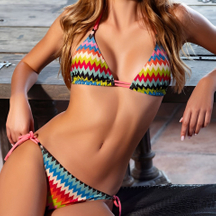Content Menu
● Introduction to Swimwear Production
>> What is Swimwear Production?
>> Why Choose Custom Swimwear?
● Choosing the Right Manufacturer
>> What are Private Label Swimsuit Manufacturers?
>> Finding Reliable Swimwear Suppliers
● Designing Your Own Swimwear
>> Steps to Design Your Own Swimwear
>> Tools and Resources for Swimwear Design
● The Production Process
>> Ensuring High-Quality Swimwear
● Understanding Private Label Swimwear Manufacturing
● Key Players in the Private Label Swimwear Industry
● Market Trends Shaping the Industry
● Benefits of Private Label Manufacturing for Brands
● Considerations for Choosing a Private Label Manufacturer
● Challenges in the Private Label Swimwear Industry
● The Future of Private Label Swimwear Manufacturing
● Running a Boutique Swimwear Business
>> Starting Your Boutique
>> Marketing and Selling Your Swimwear
● Conclusion
Discover the cutting-edge private label swimsuit manufacturers setting trends and revolutionizing the swimwear industry. Dive in now!
In recent years, the swimwear industry has witnessed a significant shift towards private label manufacturing, offering brands and retailers the opportunity to create unique, customized swimwear collections under their own labels. This trend has led to the rise of numerous private label swimsuit manufacturers worldwide, catering to the diverse needs of businesses looking to establish their presence in the competitive swimwear market. In this comprehensive article, we will delve into the intricacies of the private label swimsuit manufacturing industry, exploring its key players, production processes, market trends, and the benefits it offers to brands and consumers alike.

Introduction to Swimwear Production
Have you ever wondered how swimsuits are made? Swimwear production is the process of creating swimwear, from picking the right fabric to finishing the final product. It's a fascinating journey that turns ideas into real swimsuits that we can wear at the beach or pool!
What is Swimwear Production?
Swimwear production starts with choosing the best materials, like soft and stretchy fabrics that feel nice when we wear them. Next, designers create patterns and designs that look fun and stylish. Then, skilled workers stitch everything together to make the final swimsuit. This whole process requires care and creativity to ensure the swimsuits are not only beautiful but also comfortable and durable.
Why Choose Custom Swimwear?
Some people like to design their own swimwear. Custom swimwear production allows them to express their personal style. With custom options, you can choose unique colors, patterns, and styles that you won't find in stores. Plus, a custom swimsuit can fit your body perfectly, making it much more comfortable to wear. Designing your own swimwear can be a fun way to show off your creativity!
Choosing the Right Manufacturer
When you want to make your own swimsuits, picking the right manufacturer is very important. You need someone who can help you create exactly what you dream of. There are many options, but let's focus on two key ideas: Private Label Swimsuit Manufacturers and swimwear suppliers.
What are Private Label Swimsuit Manufacturers?
Private Label Swimsuit Manufacturers are companies that help you create personalized swimwear collections. This means they can make swimsuits with your brand name on them. You get to choose the colors, styles, and even the fabrics. It's like having your very own team that turns your ideas into real swimsuits. They take care of the production, so you can focus on your designs and making your brand special.
Finding Reliable Swimwear Suppliers
Finding trustworthy swimwear suppliers is just as important. You want to ensure that the swimsuits you create are high-quality. Start by doing some research. Look for suppliers with good reviews and a strong history in making swimwear. Ask for samples. This way, you can check the quality of their work before making any big decisions. Make sure they have the materials you want to use and that they follow safe production practices. This will help you feel confident that you're getting the best products for your boutique swimwear line.
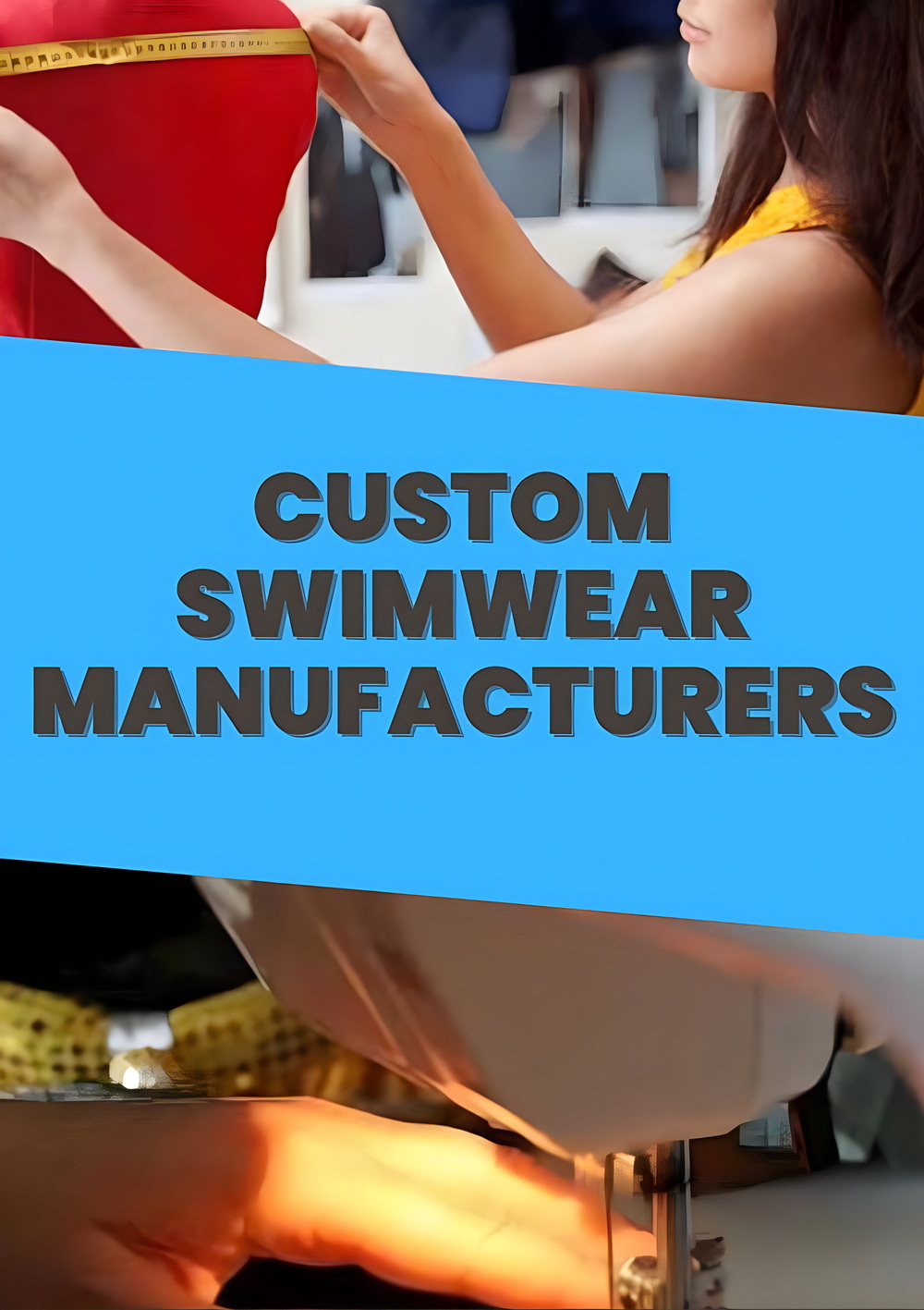
Designing Your Own Swimwear
Have you ever dreamed of having your own special swimsuit? Designing your own swimwear can be a fun and creative adventure! With a little help, you can turn your ideas into a beautiful swimsuit that shows off your personality and style. Let's explore how you can bring your swimwear dreams to life.
Steps to Design Your Own Swimwear
First, start by thinking about what you want your swimsuit to look like. Do you like bright colors, fun patterns, or maybe something classic? Once you have an idea, you can choose the colors and styles you love the most. Think about whether you want a one-piece or a two-piece swimsuit. Each style has its own charm!
Next, you'll want to pick the right material. The fabric makes a big difference in how your swimwear feels and looks. Some fabrics are stretchy, which helps your swimsuit fit comfortably. Others might have cool designs already printed on them. Whatever you choose, make sure it's soft and feels nice against your skin!
After that, you can sketch your design. You don't need to be a professional artist! Just draw your ideas on paper. You can use crayons or markers to add color and make it even more exciting. Once you're happy with your sketch, it's time to think about how to make it a reality.
Tools and Resources for Swimwear Design
To help you design your own swimwear, you can use some great tools. There are special design software programs that let you create digital versions of your swimsuit. These programs can help you see what different colors and styles will look like together.
Another fun way to gather inspiration is by creating an inspiration board. You can cut out pictures from magazines or print images from the internet that show swimsuits, colors, and patterns you like. This board will help you keep your ideas organized and spark your creativity!
Don't forget to talk to others about your designs. Friends and family can give you feedback and new ideas. Who knows? They might have suggestions that will make your swimsuit even better!
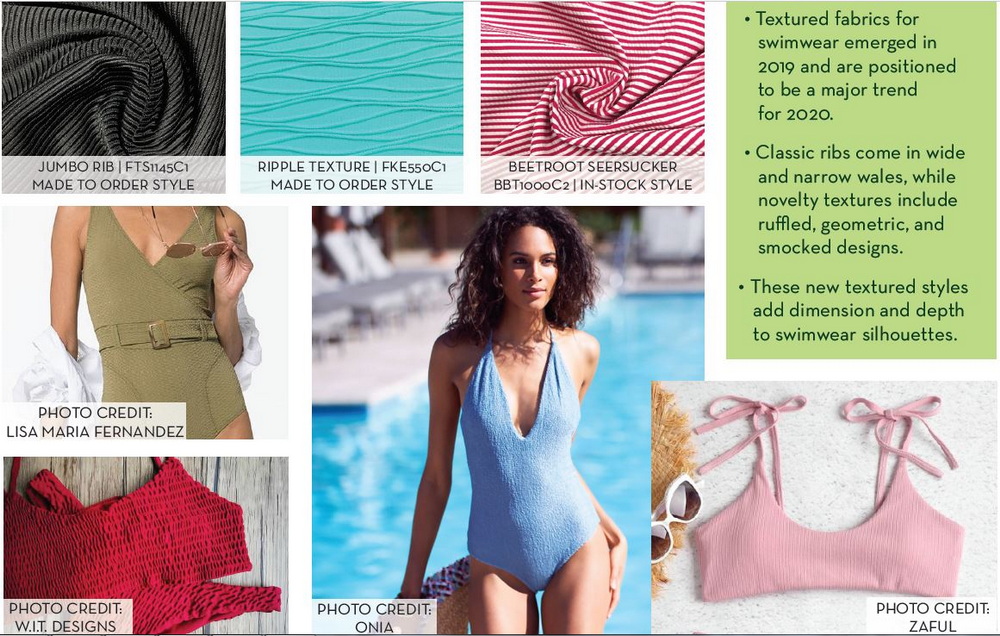
The Production Process
The creation of private label swimwear involves several key steps:
a) Design and Conceptualization: This phase involves collaborating with the brand to understand their vision, target market, and specific requirements. Manufacturers often provide design suggestions based on current trends and their expertise.
b) Material Selection: Choosing the right fabrics is crucial for swimwear. Manufacturers work with brands to select materials that balance aesthetics, durability, and performance. Many are now focusing on eco-friendly and sustainable options to meet growing consumer demand.
c) Prototyping and Sampling: Before mass production, manufacturers create prototypes for approval. This stage allows for adjustments in fit, design, and overall quality.
d) Production: Once the final design is approved, the manufacturing process begins. This includes cutting, sewing, and finishing the swimwear pieces.
e) Quality Control: Rigorous quality checks are performed throughout the production process to ensure that each piece meets the brand's standards.
f) Packaging and Labeling: The final products are packaged and labeled according to the brand's specifications, ready for distribution.
Ensuring High-Quality Swimwear
Quality is super important in swimwear production. Manufacturers take special steps to make sure every swimsuit is made well. One way they do this is through quality control. This means checking the swimsuits at different stages of production to find any mistakes. If something doesn't look right, it can be fixed right away.
Another aspect of ensuring high-quality swimwear is choosing the best materials. High-quality fabrics feel nice against the skin and last longer. They also help the swimsuit keep its shape, even after many swims in the pool or ocean. Manufacturers often test the fabrics to see how they react to water, sun, and movement.
In addition to using great materials, skilled workers play a big role in making sure the swimsuits are high quality. They pay attention to details while sewing and finishing the swimsuits. By combining top-notch materials with talented craftsmanship, manufacturers can create swimwear that not only looks fantastic but also lasts a long time, making it a great choice for anyone looking to dive into some fun!
Understanding Private Label Swimwear Manufacturing
Private label swimwear manufacturing refers to the process where a manufacturer produces swimsuits and related products for other companies to sell under their own brand names. This business model allows brands to offer unique designs and styles without the need for in-house production facilities. The private label approach has gained popularity due to its flexibility, cost-effectiveness, and ability to help brands differentiate themselves in a crowded market.
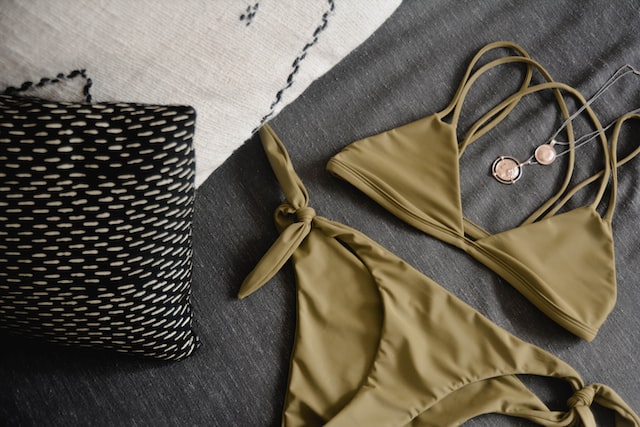
Key Players in the Private Label Swimwear Industry
Several manufacturers have established themselves as leaders in the private label swimwear sector. Let's take a closer look at some of the top players:
a) Abely Fashion: Known for its quality swimsuits and bikinis, Appareify provides a comprehensive private label service. They allow brands to customize their swimwear with logos and design elements, catering to both men's and women's swimwear lines.
b) Appareify: As a professional custom swimwear manufacturer, Appareify offers comprehensive private labeling services. They work closely with clients to create unique swimwear that meets specific brand requirements, including the addition of logos, brand names, and custom design elements.
c) Hongyu Apparel: With nearly two decades of experience, Hongyu Apparel specializes in designing and manufacturing custom private label swimwear. They offer both ready-made swimsuits and the option to create unique designs tailored to a brand's vision.
d) SWIM USA: As an industry leader for over 80 years, SWIM USA is a premier partner for branded, licensed, and private label swimwear. They excel in various aspects of swimwear production, including design, fit, pattern making, merchandising, and innovation.
e) Fashion Bikini: Based in Rio de Janeiro, Brazil, Fashion Bikini is renowned for its eco-friendly approach to swimwear manufacturing. They offer a full package of private label services, including access to sustainable fabrics and low minimum order quantities (MOQs) of 250 pieces.
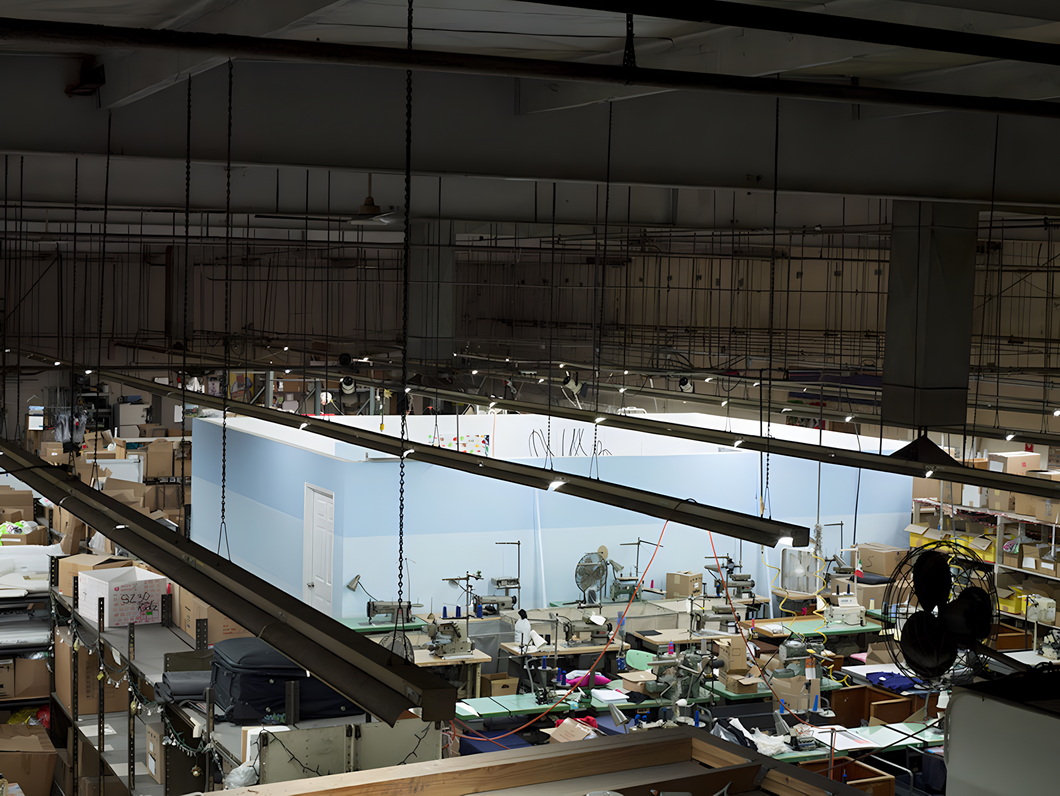
Market Trends Shaping the Industry
The private label swimwear manufacturing industry is constantly evolving, influenced by various trends:
a) Sustainability: There's a growing demand for eco-friendly swimwear made from recycled materials or sustainable fabrics. Manufacturers are adapting their processes to accommodate this trend.
b) Inclusivity: Brands are increasingly focusing on size inclusivity, leading manufacturers to expand their size ranges and improve fit across diverse body types.
c) Customization: The ability to offer highly customized designs is becoming a key differentiator for manufacturers. This includes not only aesthetic customization but also functional features tailored to specific customer needs.
d) Technology Integration: Advanced technologies in design, production, and quality control are being adopted to improve efficiency and product quality.
e) Athleisure Influence: The lines between activewear and swimwear are blurring, leading to the creation of versatile pieces that can be worn both in and out of the water.
Benefits of Private Label Manufacturing for Brands
Private label swimwear manufacturing offers numerous advantages for brands:
a) Cost-Effectiveness: By leveraging the expertise and resources of established manufacturers, brands can reduce overhead costs associated with in-house production.
b) Flexibility: Brands can quickly respond to market trends and consumer demands without significant investment in production infrastructure.
c) Quality Control: Reputable manufacturers have established quality control processes, ensuring consistent product quality.
d) Focus on Core Competencies: Outsourcing production allows brands to focus on marketing, sales, and customer relationships.
e) Scalability: As demand grows, brands can easily scale production without the need for significant capital investment.
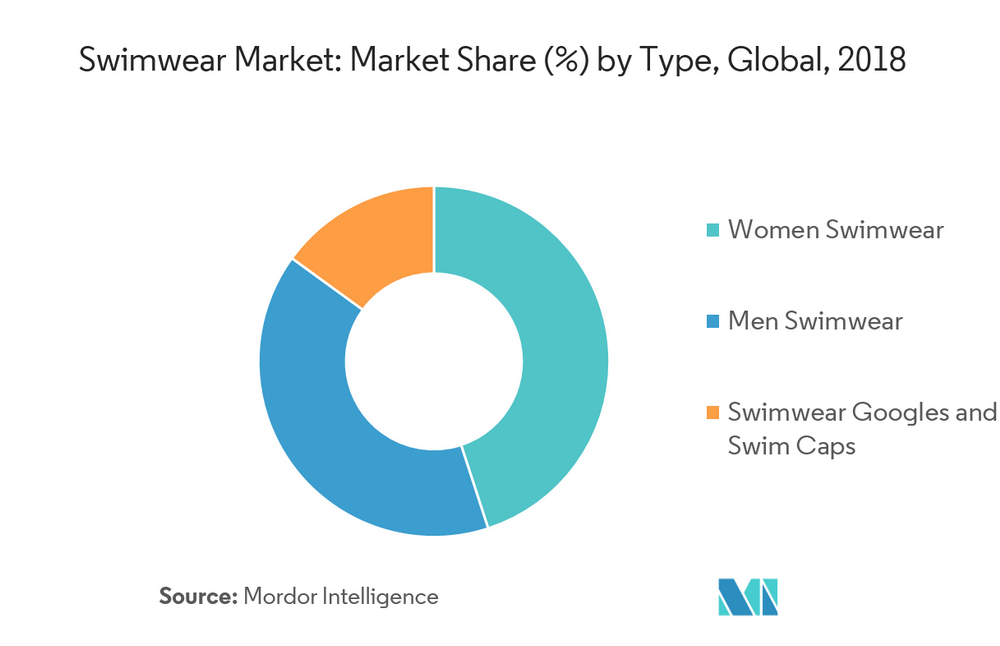
Considerations for Choosing a Private Label Manufacturer
When selecting a private label swimwear manufacturer, brands should consider several factors:
a) Minimum Order Quantities (MOQs): Different manufacturers have varying MOQs, which can impact a brand's ability to test new designs without significant upfront investment.
b) Production Capabilities: Assess the manufacturer's ability to produce the desired styles, sizes, and materials. It's essential to ensure they can meet your specific design requirements.
c) Quality Control: Investigate the manufacturer's quality assurance processes. High-quality swimwear is crucial for customer satisfaction and brand reputation.
d) Lead Times: Understand the production timelines to ensure that products can be delivered in time for seasonal launches.
e) Communication and Support: A manufacturer that offers excellent customer service and support can make the process smoother, especially when navigating design changes or production issues.
Challenges in the Private Label Swimwear Industry
Despite its benefits, the industry faces several challenges:
a) Intellectual Property Concerns: Protecting unique designs can be challenging in a market where trends are quickly replicated.
b) Supply Chain Complexities: Managing a global supply chain, especially in light of recent disruptions, requires careful planning and risk management.
c) Balancing Cost and Quality: Meeting price points while maintaining high-quality standards is an ongoing challenge for manufacturers.
d) Regulatory Compliance: Adhering to various international standards and regulations, particularly regarding fabric safety and labeling, can be complex.
The Future of Private Label Swimwear Manufacturing
Looking ahead, the private label swimwear manufacturing industry is poised for continued growth and innovation:
a) Digital Transformation: The integration of 3D design tools, virtual fitting rooms, and AI-powered trend forecasting is likely to revolutionize the design and production process.
b) Circular Economy Initiatives: Manufacturers are exploring ways to implement closed-loop systems, reducing waste and improving sustainability throughout the product lifecycle.
c) Personalization at Scale: Advancements in manufacturing technology may enable greater levels of personalization without sacrificing efficiency.
d) Global Market Expansion: As e-commerce continues to grow, manufacturers are likely to see increased demand from brands targeting international markets.
Running a Boutique Swimwear Business
Starting a boutique swimwear business can be an exciting adventure! A boutique swimwear store is a special kind of shop that sells unique swimsuits. Unlike big stores, a boutique often has one-of-a-kind styles that help people express their personalities. In this section, we will explore how to start and run your own boutique swimwear business.
Starting Your Boutique
Before you open your boutique, you need a solid plan. First, think about the type of swimsuits you want to sell. Will they be colorful and fun, or sleek and stylish? It's important to choose a theme that makes your boutique stand out.
Next, you should think about where to sell your swimsuits. Many boutique owners start online. Setting up an online store is easier than you might think! You can use platforms like Shopify or Etsy to create your shop. Make sure to include great pictures of your swimwear so customers can see how amazing they look!
Don't forget to think about what makes your boutique special! Maybe you want to offer custom swimwear options so your customers can design their own swimwear. This can help you attract more people to your store.
Marketing and Selling Your Swimwear
Once your boutique is ready, it's time to tell everyone about it! One of the best ways to market your boutique swimwear is through social media. Platforms like Instagram and Facebook are perfect for showing off your beautiful swimsuits. You can post pictures of people wearing your swimwear at the beach or pool.
Another fun idea is to work with influencers. These are people who are popular on social media and have lots of followers. If they wear and promote your swimsuits, many people will notice and want to buy them too!
Finally, always provide excellent customer service. When people have questions or need help, be there for them. Happy customers are more likely to return and tell their friends about your boutique!
Conclusion
The private label swimwear manufacturing industry plays a crucial role in the global swimwear market, offering brands the flexibility and resources needed to compete in a dynamic landscape. From established players like Appareify and SWIM USA to innovative newcomers, manufacturers are continually adapting to meet the evolving needs of brands and consumers alike.
As sustainability, inclusivity, and personalization continue to drive market trends, the industry is poised for further innovation and growth. For brands looking to make a splash in the swimwear market, partnering with the right private label manufacturer can be the key to success, offering a perfect blend of quality, customization, and cost-effectiveness.
Whether you're a startup looking to launch your first swimwear line or an established brand seeking to expand your offerings, the world of private label swimsuit manufacturing offers a sea of opportunities. By understanding the industry landscape, production processes, and key trends, brands can navigate these waters with confidence, creating swimwear collections that resonate with their target audience and stand out in a competitive market.






















